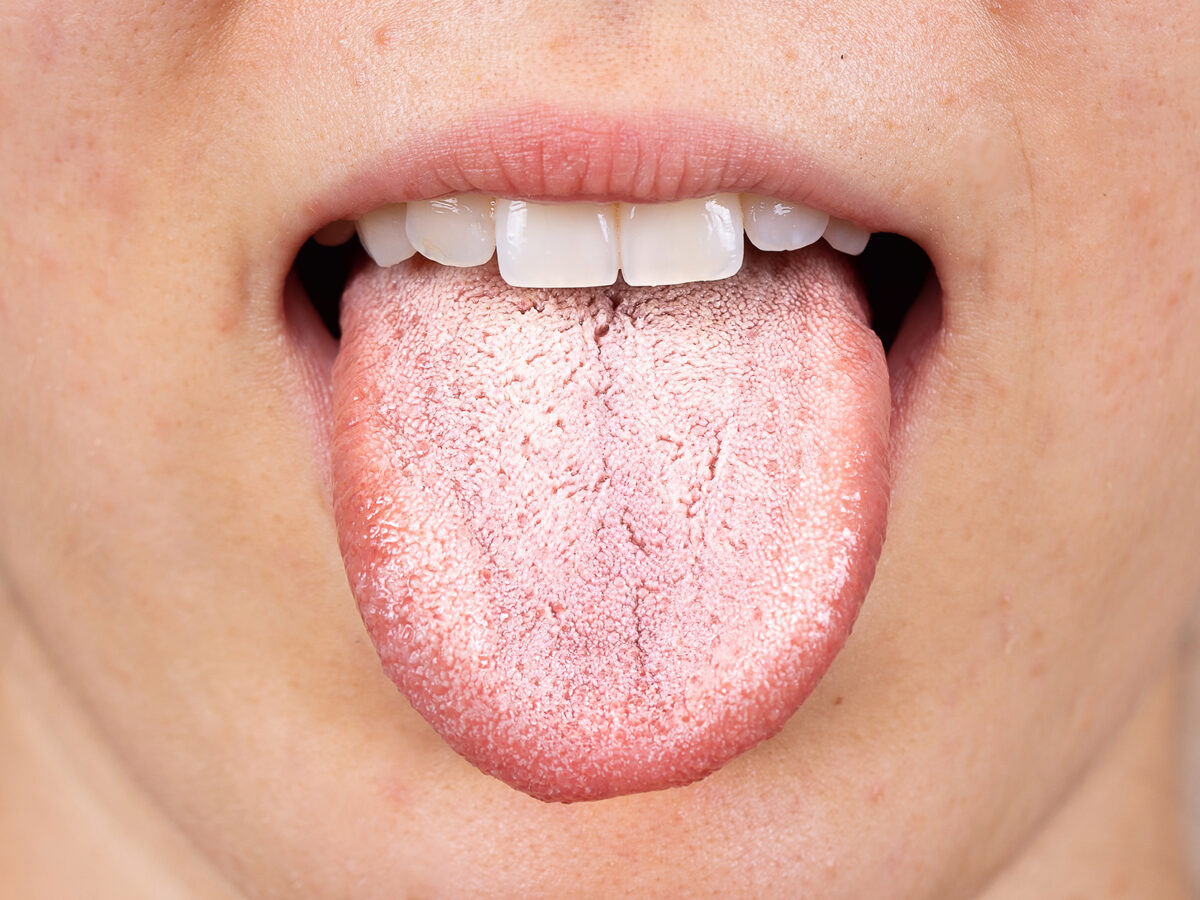Blog
Dental hygiene tips for healthy teeth & gums

How Long Does Oral Thrush Last Without Treatment?
Oral thrush, also known as oral candidiasis, is a prevalent fungal infection caused by the Candida yeast. While it predominantly affects infants and the elderly, individuals with weakened immune systems are also susceptible. This condition can be both uncomfortable and painful, raising concerns about its persistence if left untreated. In this article, we’ll explore the symptoms of oral thrush, its duration, potential risks, and the importance of medical intervention.
Can Oral Thrush Resolve Without Medical Intervention?
The severity and duration of oral thrush can vary, even without medical treatment. In milder cases, the infection might naturally subside within a few weeks. However, several factors can influence its persistence:
- Immune System Health: A robust immune system can often counteract Candida yeast overgrowth, leading to a faster resolution. Conversely, conditions like HIV, diabetes, or cancer that compromise the immune system can prolong the infection.
- Hygiene and Habits: Regular oral hygiene practices, such as brushing, flossing, and cleaning dentures, can help prevent Candida overgrowth and expedite recovery.
- Diet: A diet rich in sugar and refined carbohydrates can foster Candida growth. Without dietary adjustments, the infection might persist longer.
- Underlying Health Conditions: Conditions like dry mouth, hormonal fluctuations, or the use of certain medications can create an environment conducive to Candida, potentially prolonging the infection.
Potential Complications and Risks of Untreated Oral Thrush
While oral candidiasis might seem benign, neglecting it can lead to complications:
- Discomfort: The creamy white lesions characteristic of oral thrush can cause discomfort, complicating eating and swallowing.
- Spread of Infection: The infection can extend to other parts of the mouth, throat, or even the esophagus without intervention.
- Pain: Oral thrush can induce pain and irritation, hampering routine oral activities.
- Nutritional Deficiencies: Pain-induced eating difficulties can lead to nutritional shortfalls, especially in vulnerable groups like infants and the elderly.
- Weakened Immune Response: Chronic oral thrush can further debilitate the immune system, making the infection increasingly resistant to treatment.
When to Seek Medical Attention
While some mild cases of oral thrush might self-resolve, it’s crucial to seek medical attention in the following situations:
- Persistent Symptoms: If symptoms persist or worsen after a couple of weeks, consult a healthcare professional.
- Pain and Discomfort: Intense pain, swallowing difficulties, or lesion-induced bleeding necessitate immediate medical care.
- Immunocompromised Individuals: Those with weakened immune systems should promptly seek medical advice, as their infections can be more severe and prolonged.
- Infants and the Elderly: Given the potential complications in these demographics, immediate medical intervention is essential.
Medical Treatments for Oral Thrush
Antifungal medications are typically prescribed to combat oral thrush. Available in various forms, including oral solutions, tablets, and creams, these drugs inhibit Candida growth. A healthcare provider will determine the most suitable medication and treatment duration based on the infection’s severity and the patient’s overall health.
Conclusion
Oral thrush’s duration without treatment can vary significantly, influenced by factors like immune health, hygiene, diet, and underlying conditions. While some mild cases might naturally subside, untreated oral thrush can lead to discomfort, pain, and potential complications. It’s imperative to seek medical attention, especially for vulnerable groups. Healthcare professionals can offer appropriate treatments to alleviate symptoms, prevent complications, and ensure a speedy recovery. Good oral hygiene and addressing underlying health concerns are also pivotal in preventing future oral thrush episodes.


